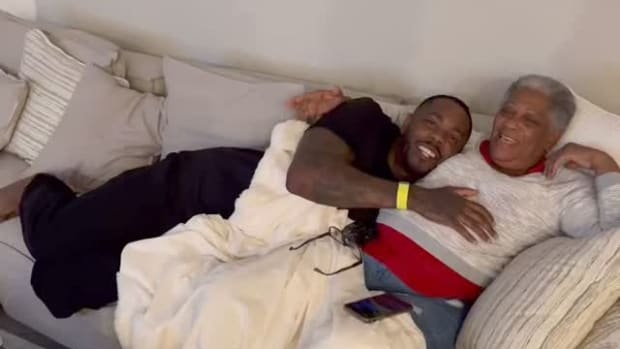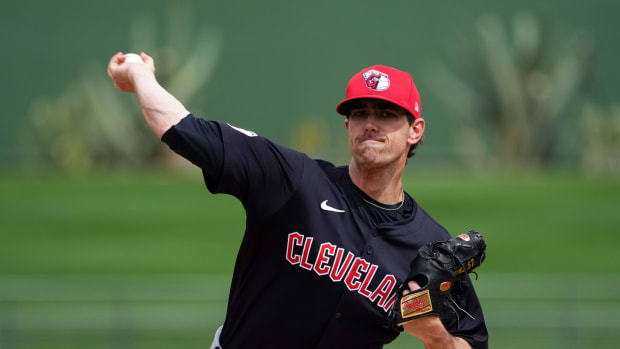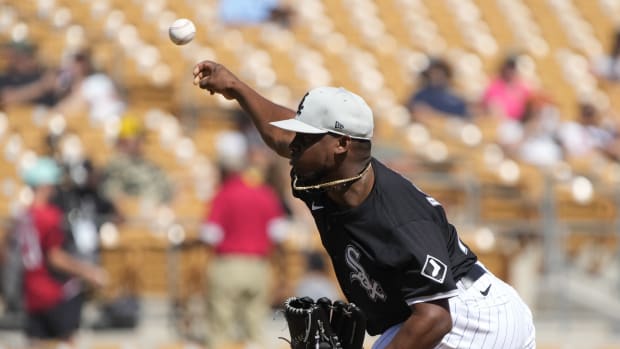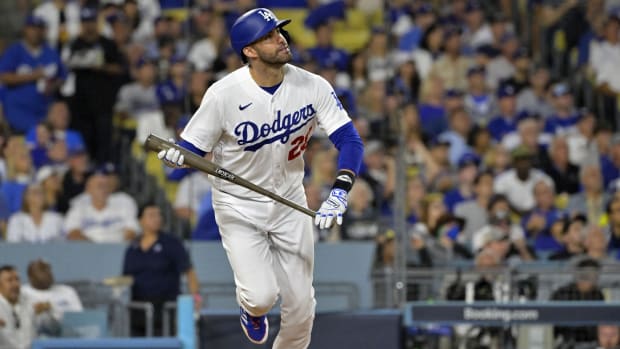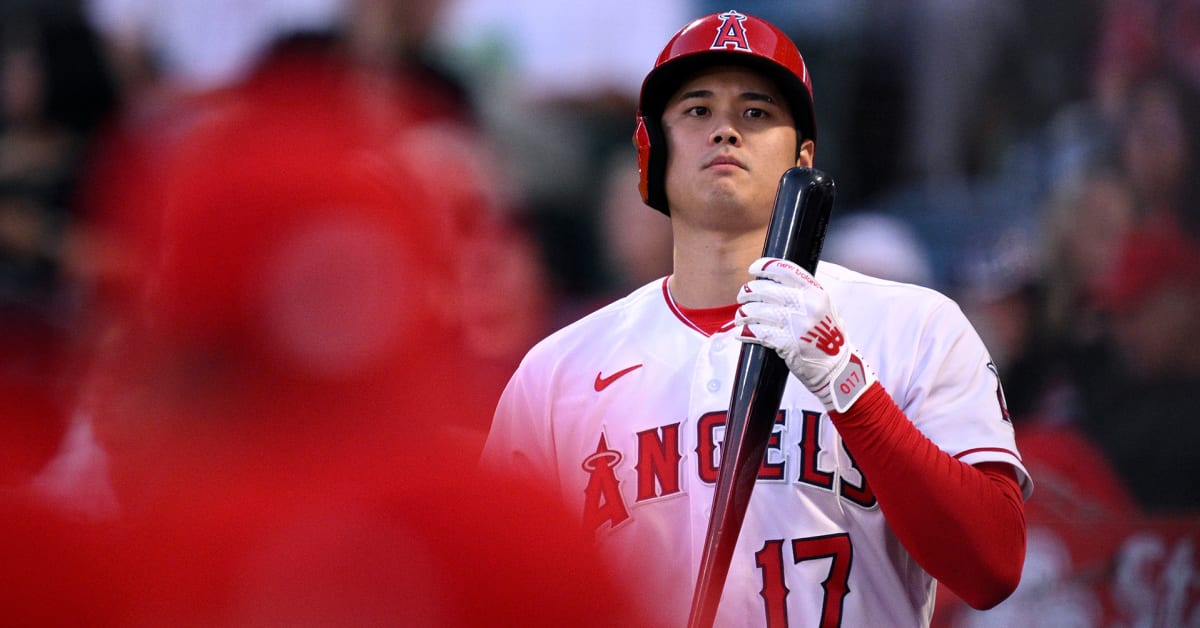
MLB Stars Should Demand Trades Like Their NBA Counterparts
Shohei Ohtani is often described as a modern-day Babe Ruth, but the better comparison today, in the wake of the news that Ohtani has a tear in the ulnar collateral ligament in his pitching elbow, is Anthony Davis.
A few years ago, Davis was in the same position that Ohtani was in last winter: He was a superstar on a losing team, with free agency looming. Davis requested a trade and got everything he wanted. Ohtani did what baseball stars often do: He waited for free agency. There is no way to know what that will ultimately cost him, but it could be hundreds of millions.
If you were a baseball agent this morning, wouldn’t you think about how you do business?
Baseball players heading toward free agency traditionally choose one of two paths: They sign a long-term extension with their current team or they hold off until free agency.
The advantage of signing an extension is that they get a huge payday and eliminate the financial risk of a severe injury or downturn in performance. In exchange, they give up the chance to sell their services to the highest bidder. The advantage of waiting is that they can maximize their earnings and choose their team.
Ohtani’s teammate, Mike Trout, went the extension route. But that wasn’t an appealing option for Ohtani. He wants what Lillard wants and what Davis wants: The most money he can earn and a great chance to win a championship. The Angels can only provide one. So Ohtani looked toward free agency.
In baseball, playing well through the end of your contract is the best way to maximize earnings. With a few more weeks of good health, Ohtani would have signed the largest contract in MLB history—likely with a contender.
But in basketball, playing well through the end of your contract can actually cost you money. The NBA’s collective-bargaining agreement allows teams to spend more to re-sign their own players. That’s fine if you are Steph Curry and want to stay put. But if you are Davis and you want out of New Orleans, you force your way out so you can play for a contender—in his case, the Lakers—and sign for more money. Damian Lillard is trying to accomplish the same thing in reverse order: He signed a max deal with Portland in 2022, reaping the benefits of signing with his current franchise, and then requested a trade a year later.
Baseball players do not face the same salary restrictions as basketball players. But they have a much greater injury risk, especially if they are pitchers. So the risk of waiting for free agency is actually greater for them than it is for basketball stars. Ohtani may turn out to be the most extreme evidence of this.
Any sober, objective analysis would conclude that Ohtani would have been better off forcing his way out of Anaheim last winter. It could have been ugly. You might have found it off-putting. But if the Dodgers or Mets were really ready to offer him $500 million or more next winter, they would have offered close to that last winter, even after trading top prospects to get him.
NBA players have various ways to pressure teams into a trade. They can tell management they want out. They can refuse to sign extensions, putting the franchise at risk of losing them for nothing. The NBA forbids players from publicly requesting a trade (though when Davis decided he’d had enough in New Orleans, his agent, Rich Paul, announced it, knowing a fine was coming.) They can escalate from there. They can make training camp the last stop of an elaborate bachelor party, as James Harden did in Houston … or pout, as Harden did toward the end in Brooklyn … or call the general manager a liar, as Harden just did in Philadelphia. (Harden’s next trade-request move: Insisting all of his fingers are numb except the two middle ones.)
Requesting a trade is so common in the NBA that anybody who follows the league wonders which star will do it next. It is not common in baseball. But what if it were?
If Ohtani had publicly announced, “I will absolutely not sign an extension with the Angels,” and taken a shot at owner Arte Moreno, then would Moreno really have insisted the team keep him around for 2023?
Ohtani took a more graceful approach. He busted his butt for the franchise he was obviously going to depart after the season. That was a professional way to handle his impending free agency. But was it really better for him? Sometimes the high road is not the best way to leave town.
































